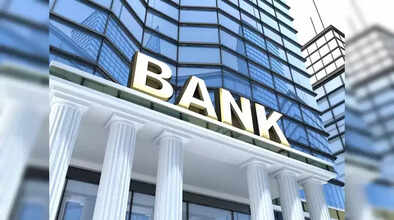Bank Rule: If the bank collapses, will you get all your money back, know this rule..

It was some time ago. After the bankruptcy of America-based Silicon Valley Bank (SVB), people's concerns regarding deposits in banks had increased. People started fearing the sinking of banks in India. Some remembered the crisis that hit India's PMC Bank in 2019. Experts started fearing recession.
Everyone started worrying in their way. The recession came, but no bank in India went bankrupt this time. Just imagine how safe your money will be if this happens. Will you get all the money you have deposited or will some of it end up with the bank? Let's understand the rules.
How much money will you get back if the bank collapses?
Currently, bank deposits up to Rs 5 lakh per individual are protected in all banks like State Bank of India, HDFC Bank etc. If there is any crisis in all urban co-operative banks like Saraswat Bank, Cosmos Bank, and even payments banks like Paytm Payments Bank, Airtel Payments Bank, etc. then Rs 5 lakh will be refunded to the person.
The Government of India provides deposit insurance for bank deposits. This insurance is provided by the Deposit Insurance and Credit Guarantee Corporation. If any bank fails, DICGC will provide insurance coverage of up to Rs 5 lakh to each depositor per bank. To ensure whether a bank is insured under DICGC or not, the depositor can check with the concerned bank branch.
If money is deposited in two banks then?
Deposit insurance coverage is applied separately to deposits in each bank. So if a customer has money in two different banks, both the deposits will be covered separately under the deposit insurance coverage up to a limit of Rs 5 lakh.
If a person has two accounts in the same bank in which the total amount exceeds Rs 5 lakh, the total cover will be limited to Rs 5 lakh. According to the Reserve Bank of India (RBI), deposits held in various branches of a bank are pooled for insurance cover and are paid up to a maximum of Rs 5 lakh.
Follow our Whatsapp Channel for latest update

